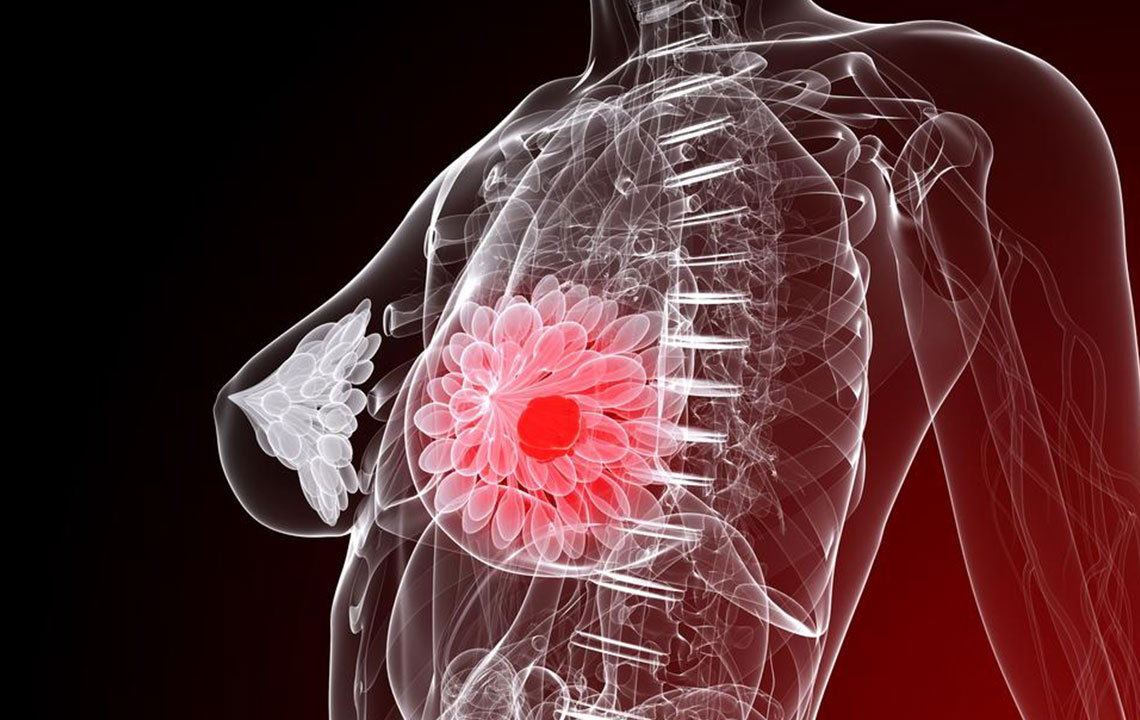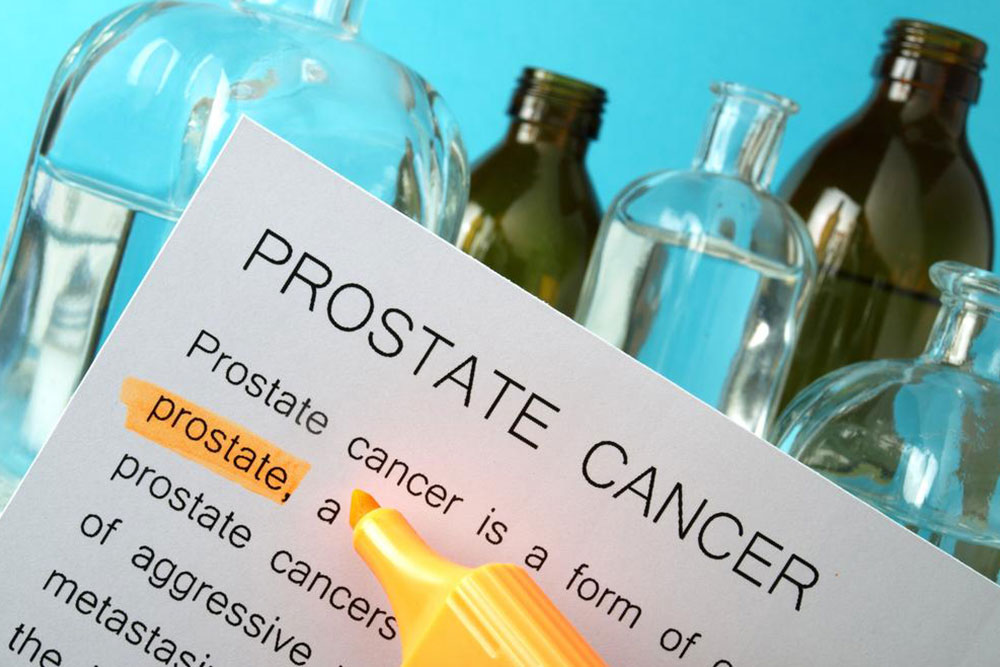Recognizing the Signs and Symptoms of Stomach Cancer
This article covers the key symptoms of stomach cancer, emphasizing the importance of early detection. Recognizing subtle signs like indigestion, stomach discomfort, and weight loss can lead to timely diagnosis. Advanced symptoms including vomiting blood and loss of weight indicate progression, underlining the need for prompt medical consultation. Early testing through endoscopy aids in effective treatment planning for better outcomes.
Sponsored

Stomach cancer, also called gastric carcinoma, develops when healthy cells lining the stomach transform into abnormal cells and multiply uncontrollably. It remains a leading cause of cancer-related deaths worldwide. Tumors can be benign or malignant; malignant tumors can invade nearby tissues or spread to other parts of the body. Early detection is crucial and can be achieved by paying attention to recurring symptoms, which are often subtle and overlooked. Typically, stomach cancer affects individuals over 40 and is twice as common in men compared to women.
Initially, common signs include stomach discomfort, unexplained fatigue, frequent indigestion, loss of appetite, bloating, feeling full quickly, difficulty swallowing, mild nausea, and recurrent burping. These symptoms are often confused with less serious conditions like ulcers or infections. Persistent or worsening symptoms should prompt a visit to the doctor for early diagnosis.
Advanced stages may present additional symptoms such as vomiting (sometimes with blood), dark stools indicating bleeding, stomach pain, and unexplained weight loss. Anyone experiencing these signs, especially over the age of 55 with ongoing heartburn or indigestion, should seek medical advice promptly. Diagnostic procedures like endoscopy and biopsy help confirm the presence of cancer, guiding appropriate treatment based on the disease stage and individual health status.






